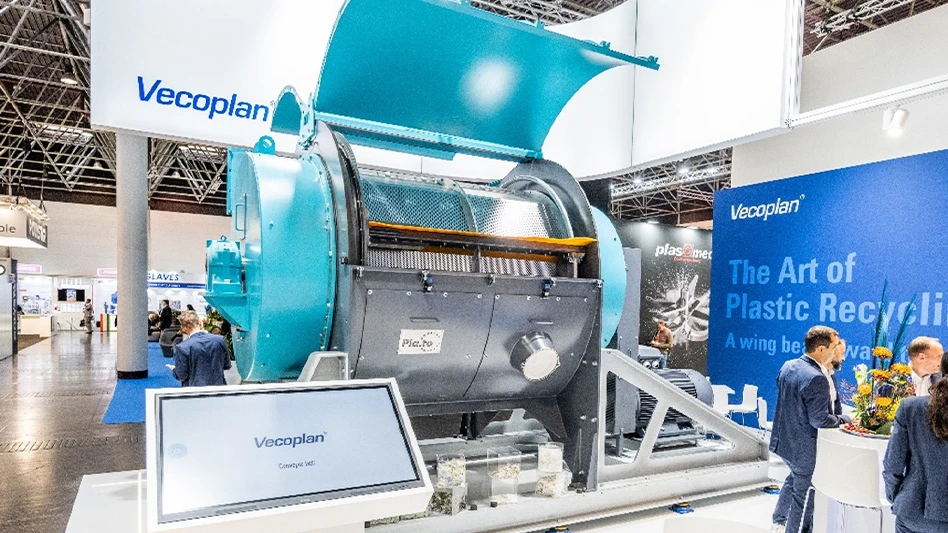
Mexico City-based paper producer Bio Pappel has reported third quarter 2017 results that include increased sales but a thinner profit margin.
“It has been a difficult year for the paper industry due to extraordinary increases in raw materials and energy costs,” says Miguel Rincón Arredondo, the company’s CEO. “For this reason, Bio Pappel has developed cost efficiencies and high value-added products to offset these increases.”
The company’s net sales increased by 10 percent in the third quarter of 2017 compared to the same quarter in 2016, but its profit margin shrank by more than 10 percent, or some 135 million pesos ($7.1 million).
Year-to-date, Bio Pappel sales have increased by more than 1.5 billion pesos ($79.4 million) while its profits have receded by 163 million pesos ($8.6 million).
In comments accompanying its financial results, the company describes the paper industry in the third quarter of 2017 as “being impacted by the high prices of raw materials.” The company indicates that the “operative efficiencies in our own collection centers and a more efficient mix of national and imported raw materials allowed the company to [experience] less impact than the average of the industry.”
The company also indicates it has made an investment in a cogeneration power plant. “Within the program of sustainability and reduction in energy costs, Bio Pappel invested 779 million pesos ($41.2 million) during the first nine months of 2017, 504 million pesos ($26.7 million) with its own resources and 275 million pesos ($14.5 million) were long-term financed by machinery suppliers in the power cogeneration plant of Scribe, in the Chihuahua plant and the Tizayuca high-quality graphics plant,” the firm indicates.
Bio Pappel describes itself as an integrated producer of containerboard, uncoated free sheet, newsprint, corrugated boxes, cut size paper, notebooks, paper sacks and other types of paper products. The company operates 30 production facilities and 13 recycled fiber collection centers in Mexico, the United States and Colombia. Bio Pappel employs more than 11,000 people and produces about 3.2 million tons of recycled-content paper and packaging material each year.
Latest from Recycling Today
- Equipment from the former Alton Steel to be auctioned
- Novelis resumes operations in Greensboro, Georgia
- Interchange 360 to operate alternative collection program under Washington’s RRA
- Waste Pro files brief supporting pause of FMCSA CDL eligibility rule
- Kuraray America receives APR design recognition for EVOH barrier resin
- Tire Industry Project publishes end-of-life tire management guide
- Des Moines project utilizes recycled wind turbine blades
- Charter Next Generation joins US Flexible Film Initiative





